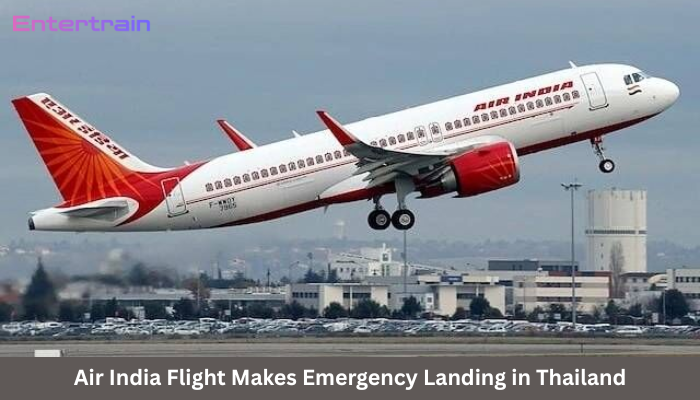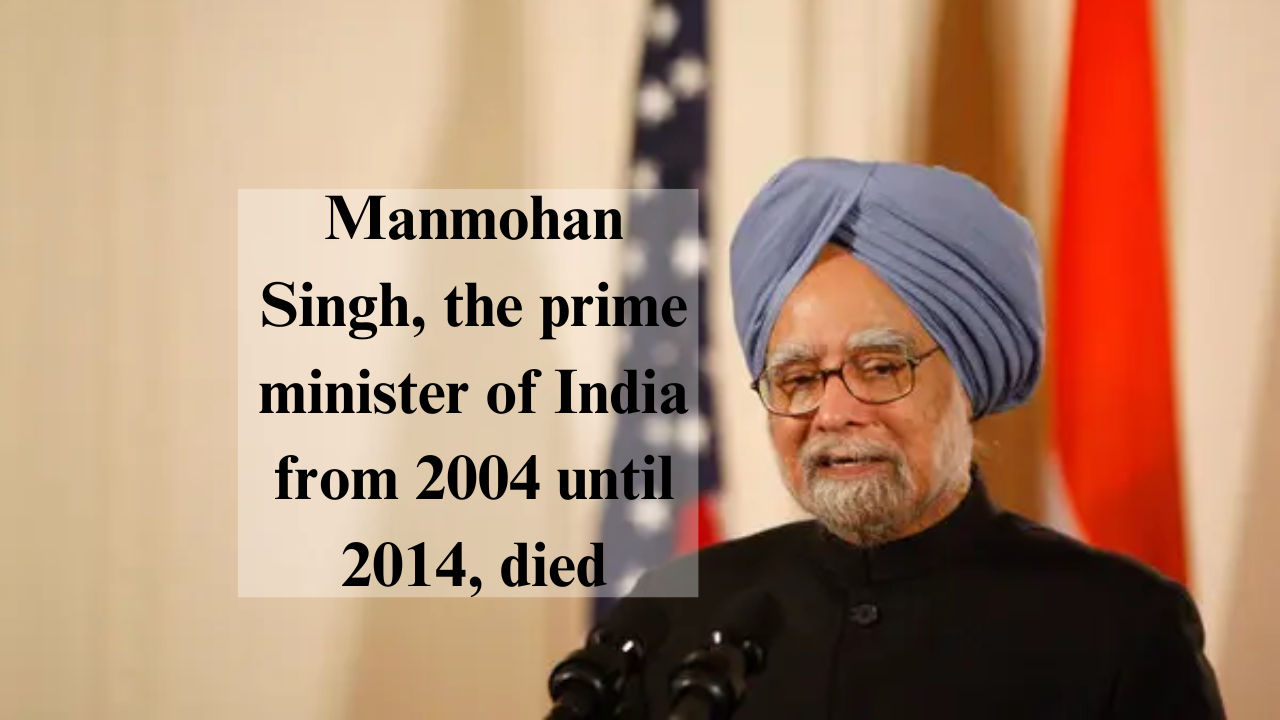In yet another alarming development for India’s national carrier, Air India Flight AI 379 was forced to make an emergency landing in Phuket, Thailand on Friday, June 13, 2025, following a bomb threat. The incident comes just a day after an Air India aircraft tragically crashed in Ahmedabad, resulting in the death of 241 out of 242 passengers onboard.
Bomb Threat Forces Mid-Air U-turn
According to reports from international news agency Reuters, Flight AI 379, operating from Phuket International Airport to New Delhi, had 156 passengers on board. The flight took off as scheduled, but shortly after takeoff, authorities received a bomb threat linked to the aircraft.
Air traffic control was alerted immediately. In response, the aircraft circled over the Andaman Sea region before being directed to return to Phuket Airport, where emergency procedures were executed. Emergency landing protocols were successfully carried out and all passengers were safely deplaned.
Authorities at Airports of Thailand (AOT), which operates Phuket Airport, confirmed that all passengers were unharmed, and airport security, fire services, and bomb detection squads were deployed promptly. As of the latest updates, the nature and authenticity of the bomb threat has not yet been confirmed.
An official from Phuket Airport stated, “We prioritized the safety of passengers and crew. The plane was safely evacuated. Investigations are ongoing, and security measures are in place to ensure there is no further risk.”
Link to Israel-Iran Conflict?
The emergency landing incident has also sparked speculation about a possible connection to the escalating conflict between Israel and Iran, which has disrupted air travel across the Middle East and surrounding regions.
Earlier on Friday, Israel confirmed launching military strikes on Iranian nuclear and military installations. This significant escalation led both countries to shut down their respective airspaces, severely affecting several international flight paths and operations.
While no official confirmation has directly linked the bomb threat on the Air India flight to the Israel-Iran war, aviation experts are not ruling out the broader geopolitical climate as a factor that could heighten security alerts across the global aviation network. Bomb threats and rerouting of flights are not uncommon during times of heightened regional conflict.
Back-to-Back Crisis for Air India
This bomb threat and emergency landing incident have come at a particularly sensitive time for Air India, following a devastating plane crash just a day prior in Ahmedabad, Gujarat. The flight, which had 242 passengers onboard, crashed during descent. The crash resulted in the tragic loss of 241 lives, making it one of the deadliest air disasters in Indian aviation history.
Among the deceased was former Gujarat Chief Minister Vijay Rupani, while one passenger, Vishwas Kumar Ramesh, survived and is currently undergoing treatment. The exact cause of the crash is still under investigation by India’s Directorate General of Civil Aviation (DGCA), although preliminary reports suggest a technical failure in the aircraft’s landing systems.
Prime Minister Modi Visits Crash Site
Prime Minister Narendra Modi visited the crash site in Ahmedabad on Friday to assess the situation and offer condolences to the victims’ families. He also visited the hospital where survivors and injured passengers were being treated. In an emotional exchange, PM Modi met the lone survivor, Vishwas Kumar Ramesh, and listened to his first-hand account of the tragic incident.
PM Modi assured that a full investigation is underway and that the government will offer complete support to the bereaved families and survivors. The government has also declared compensation packages for the victims’ families and announced a national mourning period.
Passenger Safety Concerns on the Rise
The back-to-back incidents have raised serious concerns about passenger safety and airline operations in India, especially regarding Air India, which recently underwent privatization and operational overhaul under Tata Group management. The airline has pledged full cooperation with authorities and has initiated internal safety audits to ensure all protocols are being followed strictly.
A spokesperson from Air India stated, “We are deeply saddened by the events that have transpired. Our focus remains on passenger safety and cooperating fully with the concerned authorities to uncover the truth. We are actively monitoring the situation in coordination with international aviation agencies.”
Heightened Global Aviation Alert
The Israel-Iran conflict has pushed many airlines, including Emirates, Qatar Airways, Etihad, and Lufthansa, to reroute or suspend flights operating in and around the Middle East. The closing of Iranian and Israeli airspaces has had a ripple effect on several Asia-Europe and Asia-Middle East flight corridors.
Several governments, including India’s Ministry of External Affairs, have issued travel advisories urging citizens to stay informed, avoid unnecessary travel to conflict-prone areas, and remain in touch with local embassies.
In light of the Phuket incident, both the Indian Embassy in Thailand and the Indian Embassy in Iran have issued new advisories for Indian citizens:
- In Thailand: Indian nationals are advised to remain calm but alert, follow local airport and government advisories, and avoid spreading unverified information.
- In Iran: Due to ongoing tensions and risk of military escalation, Indian citizens are strongly advised to avoid travel and stay in contact with the embassy via social media or emergency helplines.
Conclusion
The last 48 hours have been turbulent for Air India and Indian civil aviation in general. While no casualties were reported in the Phuket emergency landing, the bomb threat adds to the growing anxiety over global flight security, especially in light of geopolitical tensions.
As investigations continue, the world watches closely how these incidents influence aviation safety standards, crisis response protocols, and international cooperation in ensuring secure skies for all.
For now, passengers are urged to remain informed, exercise caution during travel, and stay connected with official sources for the most reliable updates.
Also Read : UPI Transaction Gone Wrong? How You Can Get Your Money Back




